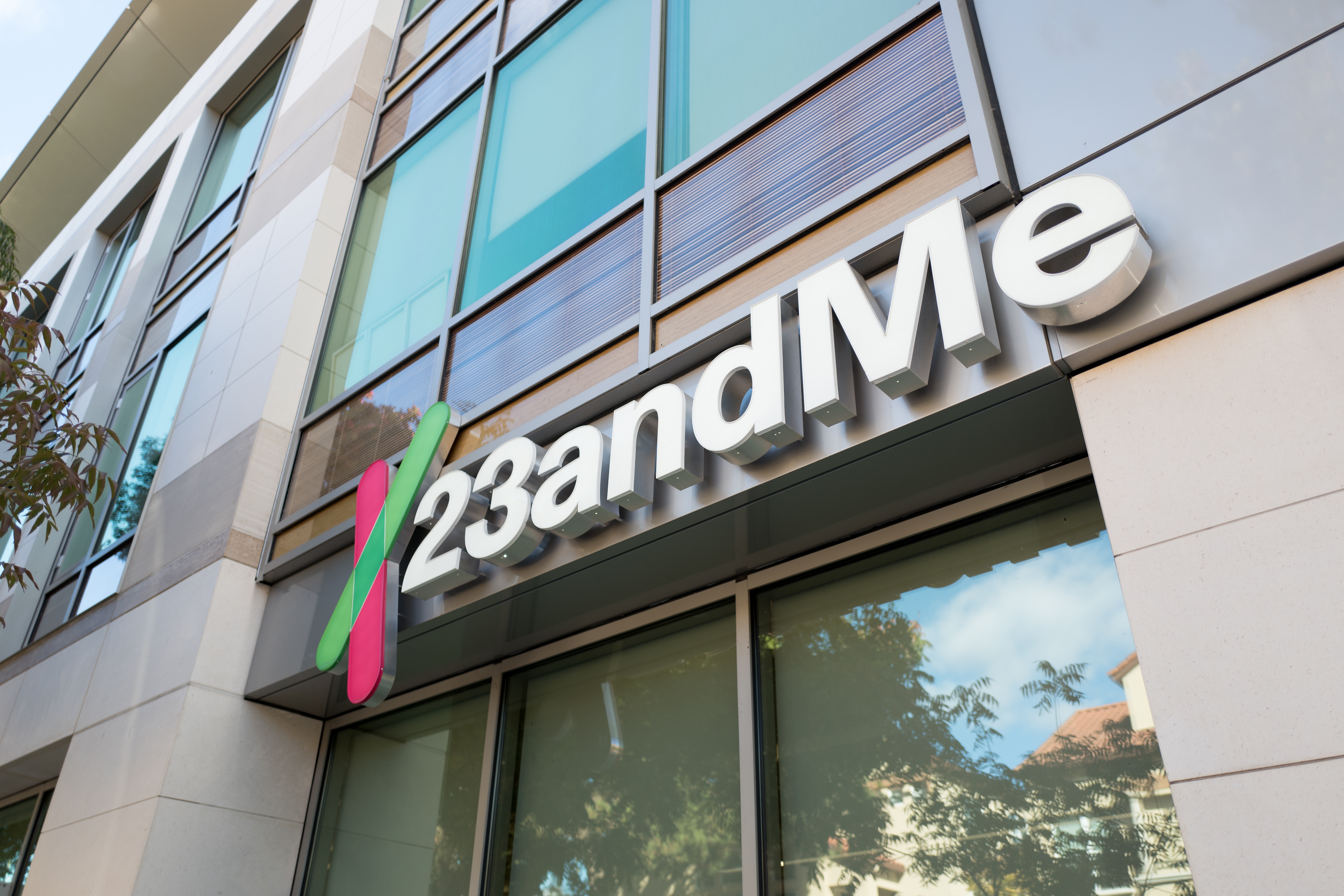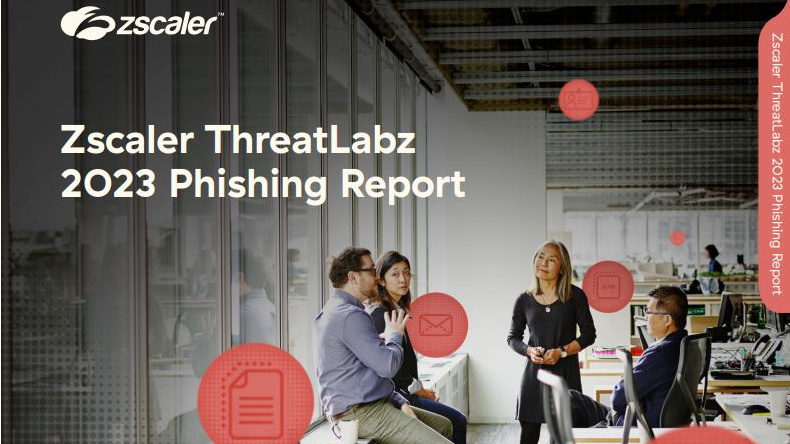23andMe data breach response has been a public relations disaster as it blames customers for data breach
23andMe hit back at customers affected by a recent data breach with suggestions they’re at fault


23andMe’s response to customers in the wake of a data breach has been a public relations disaster, experts have told ITPro, after the company hit out with claims that users were at fault for poor security practices.
In response to a looming barrage of lawsuits by affected customers, the genetics testing company sent a letter to victims claiming they “failed to update their passwords following past security incidents unrelated to 23andMe”, according to reports from TechCrunch.
The firm claimed complainants had “negligently recycled” login credentials from other exposed accounts and that poor cyber hygiene practices were to blame for their exposure during the breach.
“Therefore, the incident was not a result of 23andMe’s alleged failure to maintain reasonable security measures,” the letter reads.
The genetics testing company announced changes to its terms of service in an apparent bid to make it more difficult for affected users to collaborate on legal claims. Despite this, it still faces some 30 lawsuits.
A public relations disaster for 23andMe
The firm’s response has been a major public relations blunder, according to Yvonne Eskenzi, co-founder of cyber security PR agency, Eskenzi PR.
"From a crisis comms standpoint, 23andMe’s response to its breach misses the mark completely,” she told ITPro. “In the wake of a cyber attack, the impacted company needs to act quickly to provide customers with factual, honest, and up-to-date information.”
Get the ITPro daily newsletter
Sign up today and you will receive a free copy of our Future Focus 2025 report - the leading guidance on AI, cybersecurity and other IT challenges as per 700+ senior executives
“In the case of the 23andMe breach, the decision to blame the victims has fueled negative press, dodged responsibility, and failed to express any compassion towards those impacted. While this is probably heavily driven by the company’s legal department, the letter’s tone will likely anger customers and fuel backlash.”
Eskenzi noted that, in many cases, the average individual may not actually be aware their password had been compromised elsewhere. In this sense, it is essential that organizations ensure their security measures are robust enough to mitigate any end-user risk.
“Publicly downplaying the risk and deflecting blame is undoubtedly poor PR,” she added.
Lucy Burrows, associate in Keller Postman UK's data breach team, echoed Eskenzi's comments, adding that its tactic appears to be aimed at warding off potential legal action from affected customers.
"It is extremely damaging for 23andMe to blame their customers, especially in a climate where consumer trust in how companies safeguard data is rapidly eroding," she said.
"This seems to be an attempt to discourage customers from pursuing legal action against them, which we have already seen through updates to their US terms of service."
23andMe data breach: What happened?
23andMe confirmed it suffered a data breach in December 2023, revealing that threat actors had stolen genetic and ancestry data belonging to nearly 7 million users, equivalent to roughly half of its entire customer base.
An investigation by the company found that hackers initially accessed 14,000 accounts, and that threat actors had brute forced accounts via credential stuffing techniques using previously exposed credentials.
Attackers then exploited 23andMe’s DNA Relatives feature, a tool that connects users with those who could be related, to access personal data belonging to another 6.9 million users.
In response to the breach, 23andMe reset all customer passwords and now requires users to use multi-factor authentication (MFA) moving forward.
RELATED RESOURCE

Learn about the tactics used in phishing attacks and prevent costly data breaches
DOWNLOAD NOW
The company is still insistent that exposed data cannot be abused by hackers, according to a response from 23andMe lawyers to TechCrunch inquiries.
“The information that was potentially accessed cannot be used for any harm,” the firm said.
“As explained in the October 6, 2023 blog post, the profile information that may have been accessed related to the DNA Relatives feature, which a customer creates and chooses to share with other users on 23andMe’s platform.”
23andMe added that this information would only be available if individuals “affirmatively elected to share this information with other users” via the DNA relatives feature.

Ross Kelly is ITPro's News & Analysis Editor, responsible for leading the brand's news output and in-depth reporting on the latest stories from across the business technology landscape. Ross was previously a Staff Writer, during which time he developed a keen interest in cyber security, business leadership, and emerging technologies.
He graduated from Edinburgh Napier University in 2016 with a BA (Hons) in Journalism, and joined ITPro in 2022 after four years working in technology conference research.
For news pitches, you can contact Ross at ross.kelly@futurenet.com, or on Twitter and LinkedIn.
-
 Bigger salaries, more burnout: Is the CISO role in crisis?
Bigger salaries, more burnout: Is the CISO role in crisis?In-depth CISOs are more stressed than ever before – but why is this and what can be done?
By Kate O'Flaherty Published
-
 Cheap cyber crime kits can be bought on the dark web for less than $25
Cheap cyber crime kits can be bought on the dark web for less than $25News Research from NordVPN shows phishing kits are now widely available on the dark web and via messaging apps like Telegram, and are often selling for less than $25.
By Emma Woollacott Published